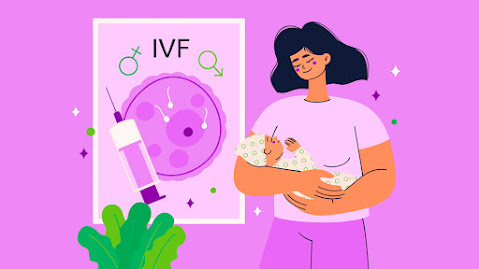Male Infertility and IVF: What Every Couple Should Know

Infertility is a common issue for many couples, and even though it’s often associated with female infertility, male infertility can be just as much of an issue. In fact, according to the World Health Organisation (WHO), around half of all cases of infertility are due to male factors. Fortunately, there are treatments available, such as in vitro fertilisation (IVF), which can help couples who have difficulty conceiving naturally. Here we take a look at what every couple should know about male fertility and IVF. Male fertility issues occur when there is either an abnormality or a low number of sperm being produced by the testes, or if they are unable to reach their destination – usually due to blockages in the reproductive system, caused by infections or injuries, such as vasectomy reversal surgery that has been unsuccessful. Male factor infertility can also be caused by hormone imbalances, which impact sperm production and quality resulting in poor motility, leading them to not re



